2019 may be the last chance for these smartphone manufacturers
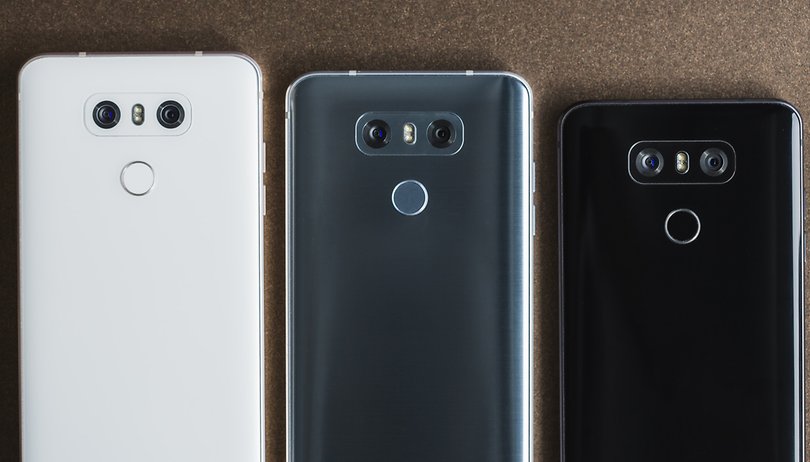
The coming year will be a key one for many smartphone manufacturers. Many companies' glory days are behind them and they haven't been making the best decisions as of late. So what will become of LG, HTC, Sony or Motorola? What does the future hold?
Companies' shares of the smartphone market have changed considerably in recent years. Sure, Samsung and Apple are still in the top three worldwide, along with Huawei, but they're seriously threatened by newcomers such as Xiaomi, OPPO, and OnePlus - to name a few. 2019 promises to be a key year for the sector, with the emergence of the folding smartphone and 5G. So will these companies be able to stay afloat?
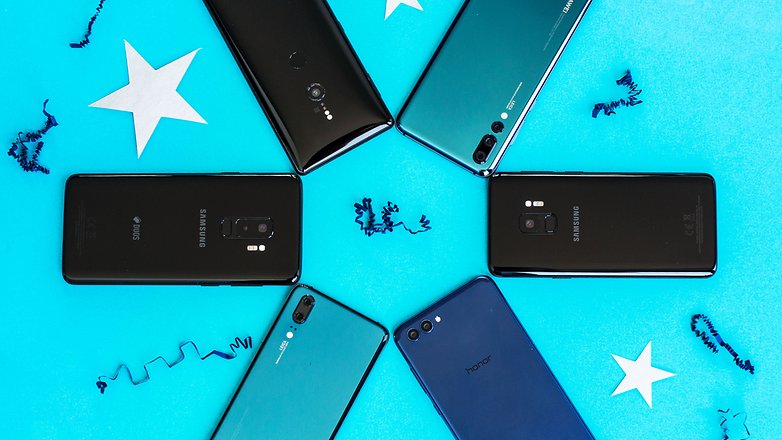
HTC
HTC didn't have a great year in 2018. Their sales numbers in November were devastating, with a year-on-year revenue decline of more than 70%. This means the company will earn less than a billion dollars for the first time in more than a decade. This was in conjunction with a huge reduction in the number of company employees, which affected 25% of its workforce.
We should also remember that in 2017, after several quarters with negative results, HTC sold part of its smartphone division to Google, including 2,000 employees, many of whom worked on the development of the Pixel and Pixel 2. Was it a bad decision?
HTC's latest high-end smartphone was the U12+, which was introduced in May 2018. The U12+ was a device that didn't impress the general public. Despite rumors that HTC will stop making smartphones, the Taiwanese brand is going to keep trying. So what will HTC be focusing on in the coming year?
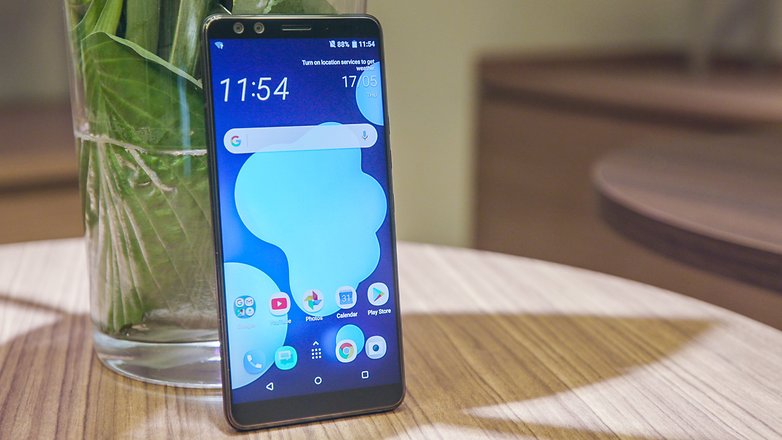
For now, HTC has launched its original Exodus 1, the first smartphone with blockchain technology - a device to store your cryptocurrency. HTC has also confirmed its partnership with Sprint for the launch of a 5G device, which sounds a little confusing. According to the president of HTC Taiwan, the company will focus on mid-range and high-end devices, at least in the first half of 2019. This includes the recently introduced HTC Desire 12s.
But if things don't improve, HTC might focus their efforts on developing their VR sector, where Vive headsets are their star product. So HTC's future might be in virtual reality...
Sony
When we talk about Sony, we all know they have the reputation of a respectable company. The Japanese brand has made a name for itself in the world of technology, thanks to its televisions, stereos, and of course, its Playstations. But things are different when we talk about smartphones. The Xperia family was quite popular some time ago, but it hasn't seen the same attention for quite some time.
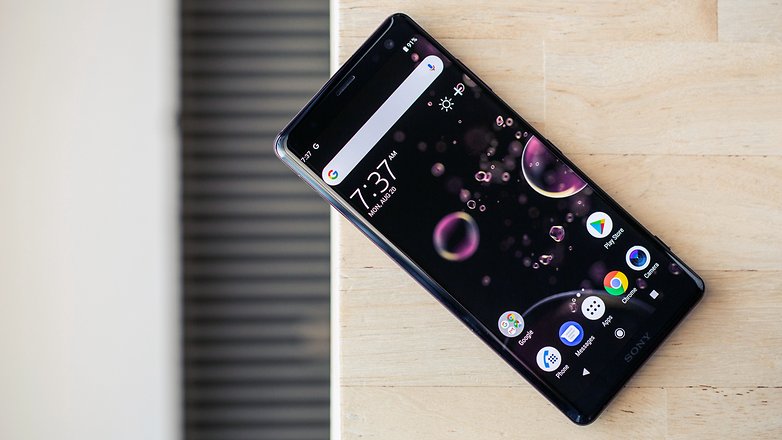
The latest high-end models from Sony are not that well received. They're unable to compete with Samsung or Huawei phones of a similar price. Moreover, its strategy of introducing a new flagship every six months isn't the best. In my opinion, only fans of the brand will pay that kind of money for the latest Xperia.
Sony manufactures excellent image sensors, including its famous IMX. In fact, some of the smartphones with the best cameras on the market use sensors from the Japanese brand (Pixel 3, Galaxy S9+, Huawei P20 Pro, iPhone, etc.). So why don't Sony's devices stand out, especially when it comes to the camera?
It seems that the company's plans are aimed at uniting its software and hardware for its photographic sector. They want to make their devices stand out for their cameras, which is vital in this day and age. It seems like the XZ3 has begun hitting the right notes.
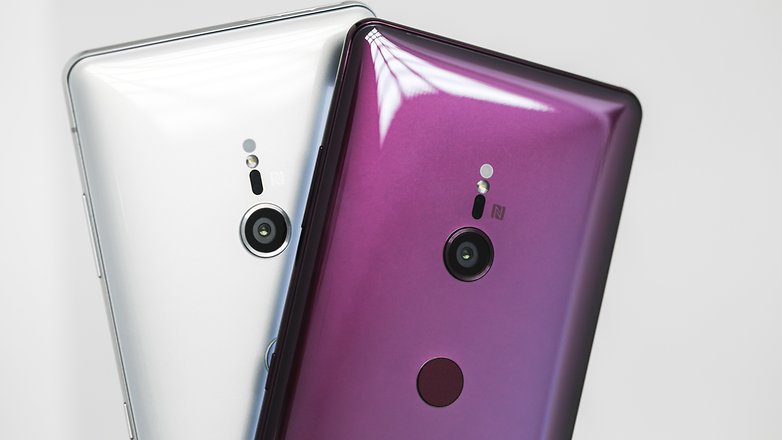
What are Sony's 2019 plans? Launch the XZ4, which is expected to support 5G and will likely be presented at the MWC in Barcelona. Sony is also expected to expand its mid-range series with the Xperia XA3 and L3. In addition, it is entering the race to present its first folding smartphone, which was revealed in a recent patent.
LG
So what about LG? The Korean giant isn't doing well in its mobile division, at least in terms of sales numbers. Since 2016, they've accumulated losses quarter after quarter. The dynamic has been the same in 2018. Despite this fact, the rest of the company is doing well. They've had great success in their television division. This means that despite their losses in the smartphone sector, the rest of the company can back them up.
LG is very hopeful that its latest high-end device, the V40 ThinQ (the first with 5 integrated cameras), which was released in October, will lead the company to improve its sales figures, which it didn't achieve with the LG G7.
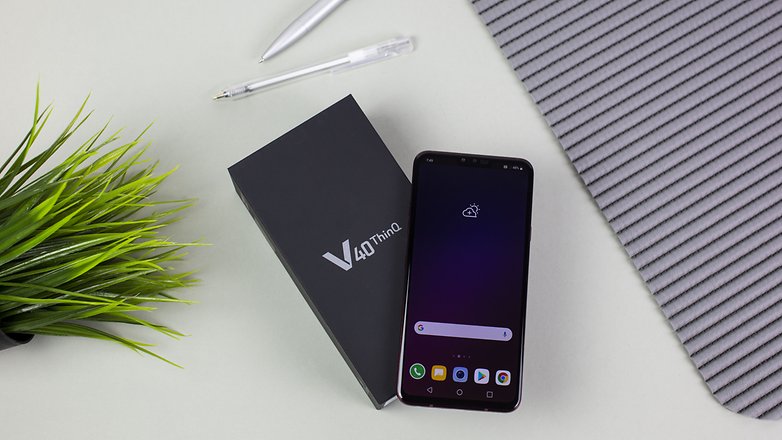
With all these developments, LG has ambitious plans for 2018, including the introduction of its first foldable smartphone. Samsung and Huawei seemed to be vying for position to be the first to release this kind of device. But what if LG is the first to complete the feat? Rumor has it the device will be ready for the CES in Las Vegas in January. At some point we will also see the G8 and V50 in 2019. Will these devices be integrated with 5G? We'll have to wait and see...
I can't speak for Samsung...
— Evan Blass (@evleaks) October 31, 2018
...but I do know that LG plans to unveil a foldable phone at its 2019 CES keynote.
Motorola
Motorola's been "confused" for a few years now. It was sold to Lenovo, and later became Moto ... and now it's Motorola again, our old friend.
Although the numbers aren't great in most markets, in emerging ones such as Brazil (where it's the second best-selling brand) Motorola is strong thanks to its entry-level models. It's also quite successful in the US, in part due to the absence of Huawei and Xiaomi.
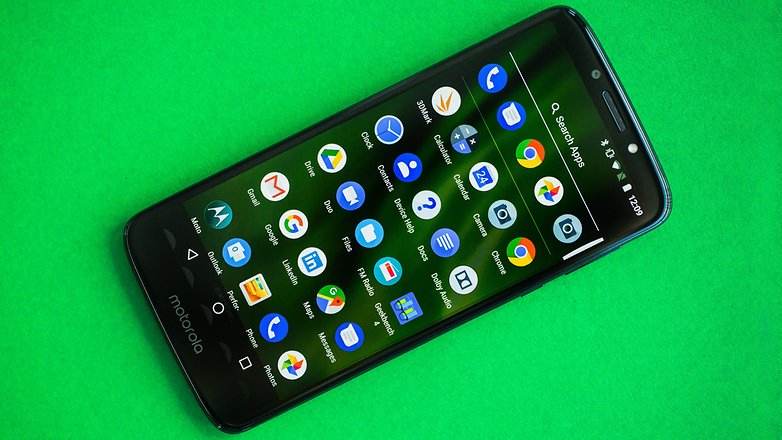
The company's strategy is to continue operating separately in two domains. In Europe, the US and Latin America, their devices are called Moto. In China and India, their devices still have the Lenovo name. This is similar to the Huawei/ Honor dynamic.
Its ambitions are to prioritize its mid-range devices rather than its flagships. Without a doubt, its biggest launch in 2019 will be the Moto G7, which is expected to arrive in four different versions.
Nokia
It can be difficult to recover when things go wrong. In this sector there's a clear example: Nokia. Some of our older readers might remember the time when everyone wanted a Nokia phone. In 2009, when Android phones and iPhones were still new, Nokia had a 39% market share.
Incredibly, the company didn't know how to get with the times and has since plummeted. Its sale to Microsoft and its insistence on using its own operating system were disastrous decisions. The company was purchased by HMD Global (formed by former Nokia executives) and made a clear commitment to pure Android and smartphones at affordable prices. The results have been good. Now, everyone is awaiting the release of the Nokia 9 in 2019. Will it have five rear cameras?
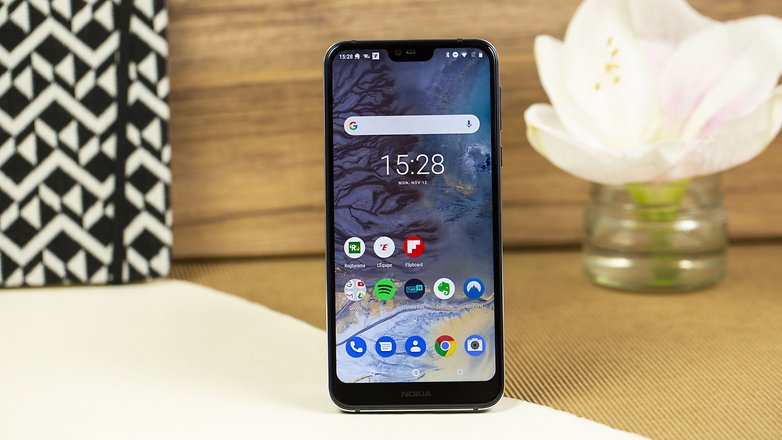
What do you think about these companies' plans? Do you still trust HTC, Sony, LG or Motorola? Let us know in the comments.


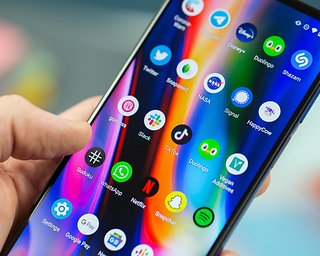

"With all these developments, LG has ambitious plans for 2018, including the introduction of its first foldable smartphone". In this sentence you have made a mistake.
HTC - owned by Google (or will be 100%)
Sony / LG - have $ to burn, so they're not going anywhere
Motorola / Nokia - learned their lessons (don't half arse it anymore)
Essential - R.I.P. 😫
Asus / Alcatel - buhbye , nice try
ZTE - don't screw things up (we ♥️ ZTE)
Oppo - OnePlus / Huawei - Honor / Xiaomi - Pocophone will keep growing
At any given price point, apart from cosmetics and a few must haves that some OEM's don't have, the only really distinguishing factor now is the camera complex - number and specs of lenses, sensors, output algorithms and control apps. I would really like to see Sony simply dock a competent Android phone directly into some of its great mirrorless cameras along with some modular add-ons with decent telephoto lenses for the phones themselves, and open the camera softwear up to third party Android developers. Sony should be a quarter century ahead of Apple in integrating a large spectrum of electronic products - from photography, to TV to PCs to sound systems - seems just some sort of keiretsu arteriosclerosis that's prevented it.
Nice Information. Thanks
Nice information
Essential is circling the drain. Too bad, they had good ideas that were well implemented
I do not think any of them will disappear this year. HTC in 2020 if it does not score a hit, Motorola been here forever but maybe a year after HTC if at all. The smart phone industry is getting more and more completive. The big ones Samsung and Apple might be in for some eye openers especially Apple.
I think both LG and Sony will be around a bit longer. This is because they make other products that generate revenue. HTC is the most likely to disappear.